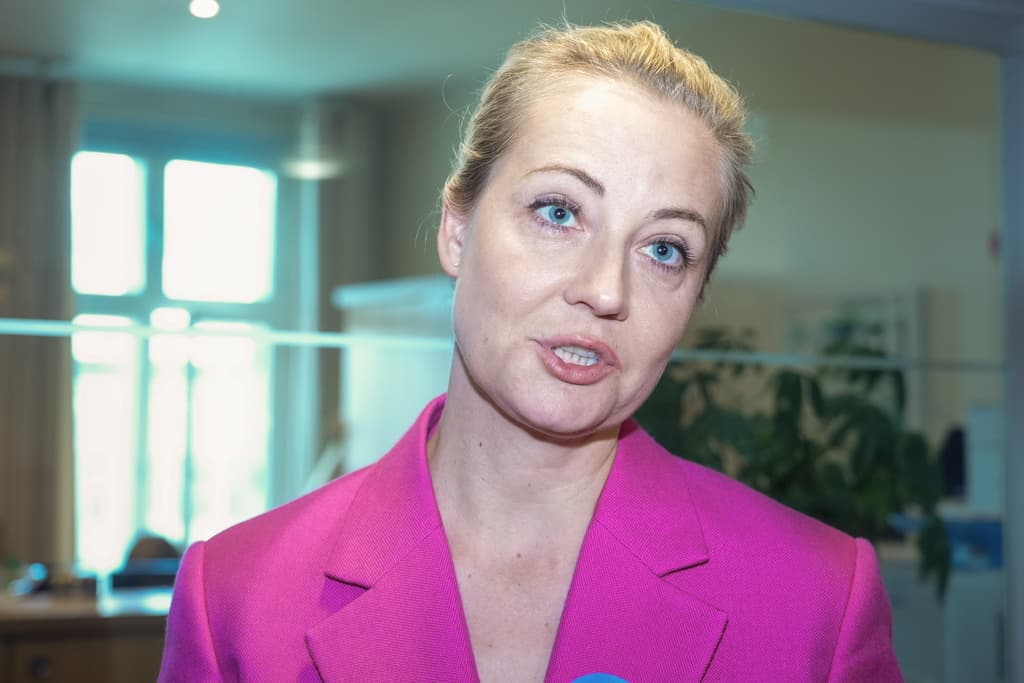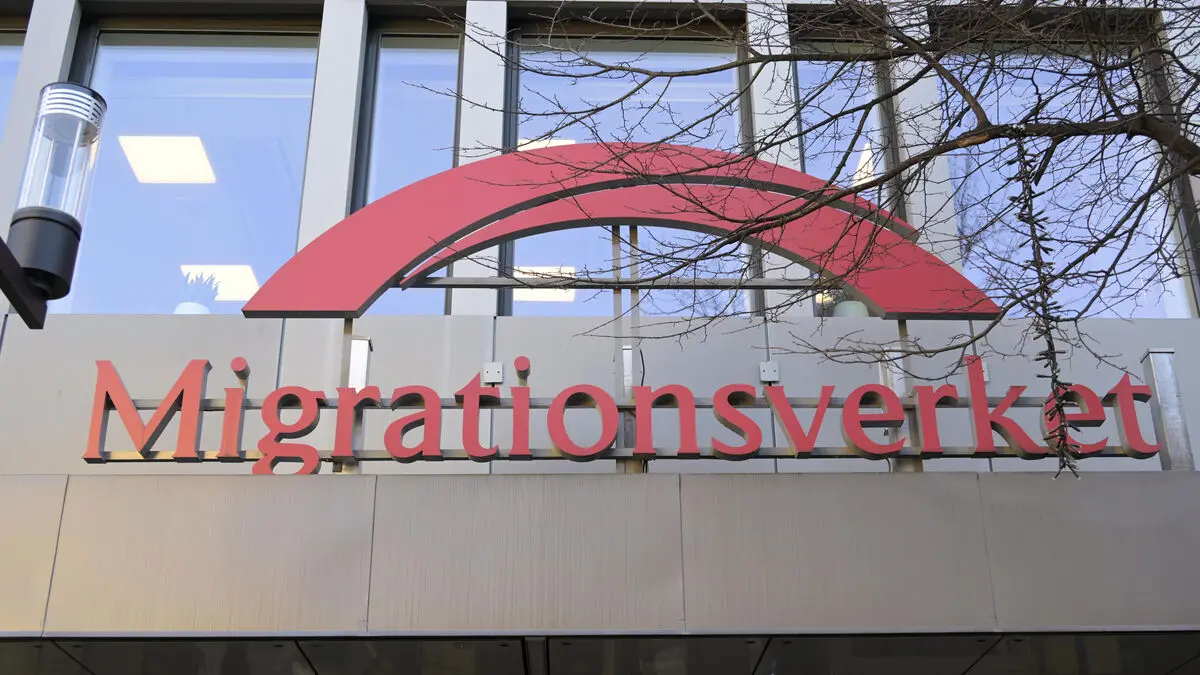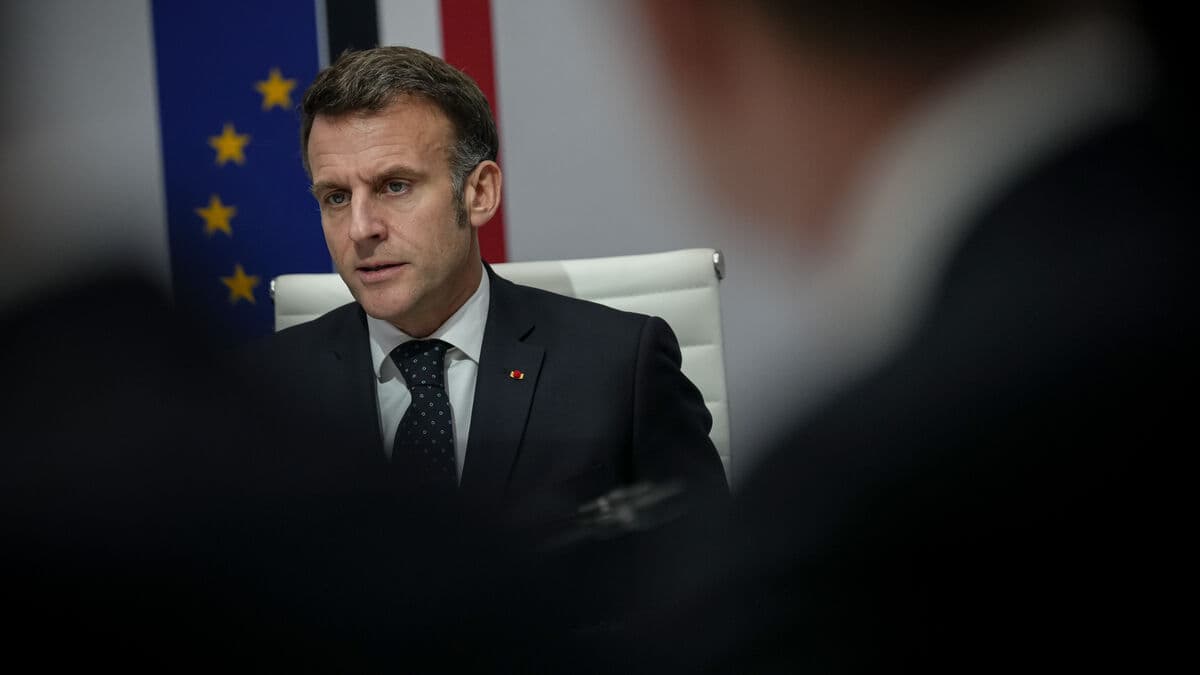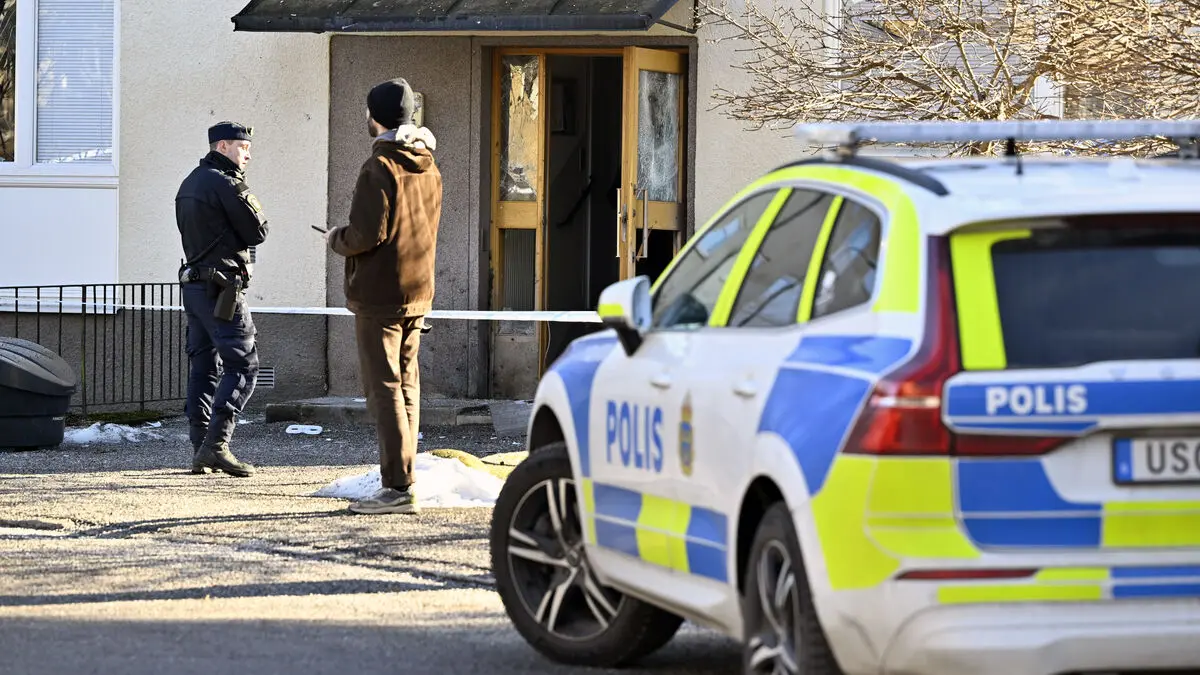The historically large prisoner exchange between Russia and several Western countries highlights the problems with so-called hostage diplomacy, where a country takes innocent people hostage to use them as bargaining chips.
Several of the Russian prisoners released from Western European prisons have simultaneously been convicted of violent crimes, with obvious connections to the Russian intelligence service.
German Concern
Germany acknowledged that it was problematic to release a murderer convicted in Germany, but that the responsibility towards Germans and others who are unfairly imprisoned in Russian prisons was decisive.
The spokesperson for the German government, Steffen Hebestreit, said that it was not an "easy decision", and he simultaneously urged Moscow and Minsk "to release all political prisoners who have been unfairly imprisoned."
Julia Navalnaya, the widow of the Russian regime critic Alexei Navalny, expressed "joy" over the release of political prisoners in Russia.
"Every released political prisoner is an enormous political victory, and is a reason to celebrate", Navalnaya wrote on social media. She has continued the fight that her husband led against President Vladimir Putin and the power in the Kremlin.
Navalny died in Russian captivity, and Julia Navalnaya noted that those who have now been exchanged "have been saved from Putin's regime".
In connection with the prisoner exchange of 26 prisoners, US Vice President Kamala Harris called Julia Navalnaya to express her appreciation for her and her deceased husband's efforts.
UN Demands More
The UN High Commissioner for Human Rights, Volker Türk, said he was relieved that human rights activists and journalists had been released by Russia in the prisoner exchange, the largest between Russia and Western countries since the Cold War era.
But Türk said simultaneously that "all journalists and human rights defenders who are imprisoned simply for doing their job must be released".
Dmitry Medvedev, Russia's former president and now deputy head of the Russian Security Council, commented on the prisoner exchange from a different perspective:
"I would of course like to see the traitors rot in dungeons or die in prison. But it is better to get our own people free, those who have worked for the Fatherland, for all of us".






